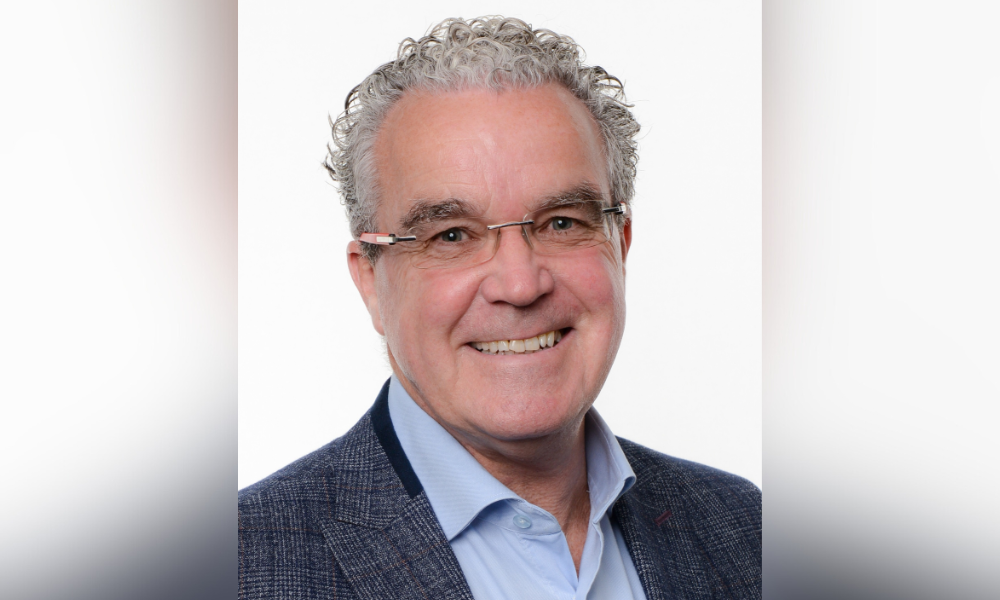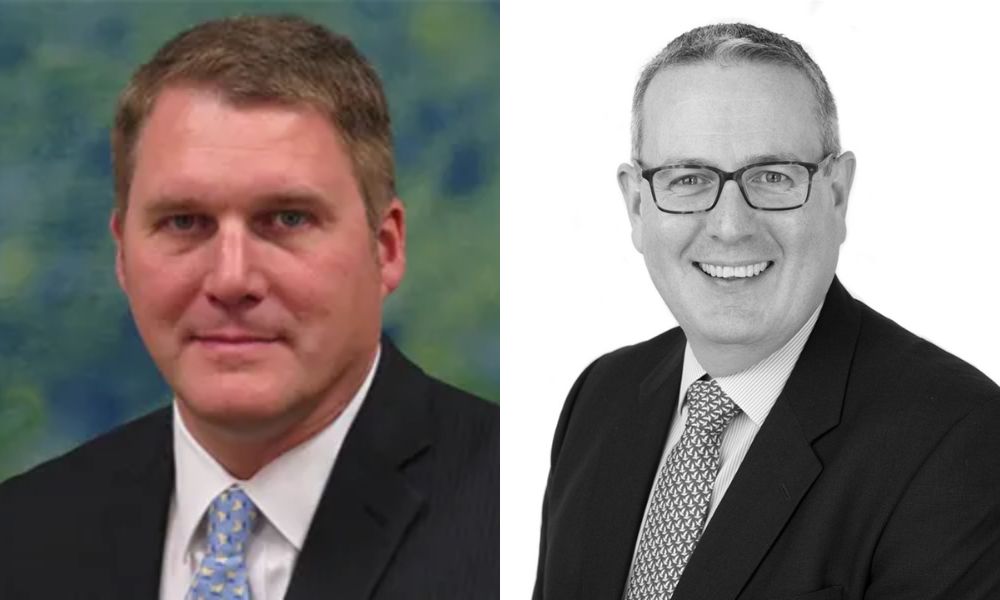![]()
While some in the financial sector have scaled back climate commitments in recent months, leaders within the insurance industry argue that adaptation is becoming inseparable from profitability. At Marsh, Beverly Adams, head of climate and catastrophe resilience, said many clients had invested heavily in climate adaptation measures – ranging from flood defences to wildfire mitigation – and now want those efforts reflected in their insurance terms. “We’re seeing many of our clients who’ve modelled their risks, built out resilience playbooks, and made real strategic investments in climate adaptation,” she said. “Now they’re asking: where’s the recognition from insurers?” Adams believes the London market is uniquely placed to lead on resilience underwriting, with its history of innovation, ties to government policy, and early adoption of climate disclosure frameworks.
Source




















